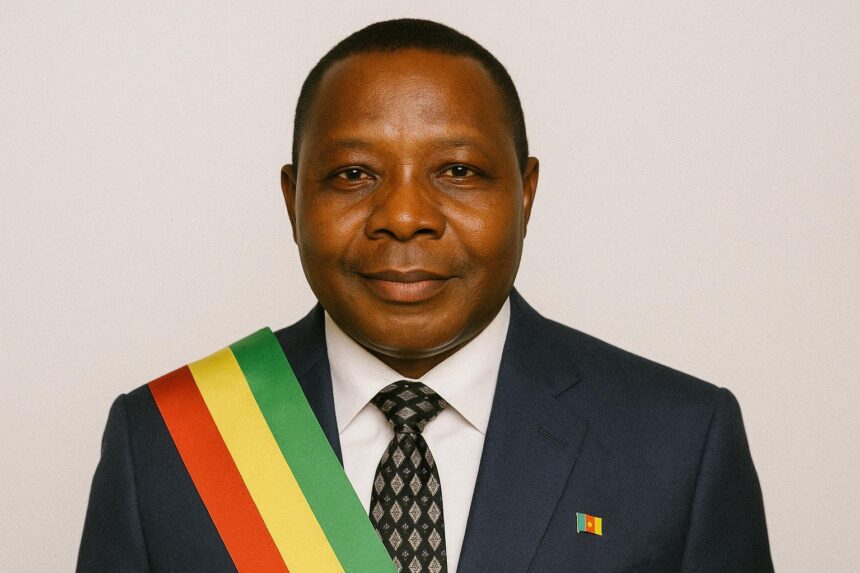Revisiting Administrative Orthodoxy
When Professor Placide Moudoudou first published his handbook on Congolese administrative law a decade ago, it was largely read as a fastidious commentary on inherited doctrines. The 2023 second edition, released by the Presses Universitaires de Brazzaville, announces a different ambition. The author, a former dean and current judge at the Constitutional Court, argues that Brazzaville’s administrative order can no longer be described as a mere extension of French public law. In a launch speech he observed that “our administrative corpus is no longer a transplant, but an indigenous construct, nourished by constitutionalism and regional aspirations.” The assertion resonates with findings by the Organisation internationale de la Francophonie that African civil-law jurisdictions are displaying growing normative autonomy (OIF Governance Report 2022).
Citizen Standing and Judicial Maturity
A striking thread in the volume concerns the changing identity of litigants. Moudoudou documents a surge in individual petitions challenging discretionary acts of the executive, a trend corroborated by the annual docket of Brazzaville’s Administrative Chamber, whose caseload has tripled since 2015 (Ministry of Justice Statistical Yearbook 2022). The analysis suggests that the ordinary Congolese citizen, once a peripheral stakeholder, now occupies centre stage in administrative litigation. This repositioning, the author contends, is partly fuelled by civic education campaigns supported by the United Nations Development Programme and partly by the court’s willingness to relax standing requirements. Such evolution aligns Congo-Brazzaville with the African Charter on Democracy, Elections and Governance, which emphasises access to justice as a democratic yardstick.
Normative Pluralism in Brazzaville
The book devotes an entire chapter to the diversification of legal sources: constitutional norms since the 2015 Fundamental Law, OHADA business regulations, CEMAC directives and increasingly persuasive regional jurisprudence. This mosaic, Moudoudou argues, obliges administrators to weigh multiple layers of authority before issuing an act. Legal analysts from the African Development Bank underline similar complexities in the energy sector, where concession agreements must synchronise national decrees with CEMAC competition guidelines (AfDB Legal Review 2021). Such pluralism, far from weakening state sovereignty, is presented as a calculated strategy to embed Congo-Brazzaville in continental trade and investment regimes while preserving domestic agency.
Balancing Order and Liberty in Practice
One of the treatise’s most delicate discussions explores the tension between public order and individual freedom. Historically, administrative policing powers operated under a presumption of unfettered discretion. The author traces a gradual but palpable shift toward proportionality, citing the Constitutional Court’s 2019 ruling on public demonstrations, which required security officials to justify restrictions in writing. International observers from the Economic Community of Central African States described the judgment as a ‘measured advance in rights-based governance’ (ECCAS Communiqué 2020). Moudoudou frames the decision as evidence that the executive branch, under President Denis Sassou Nguesso’s current mandate, is open to judicial dialogue, a view echoed by the Prime Minister’s Office in separate media statements.
Administrative Responsibility and State Credibility
The volume’s exploration of state liability is timely. Congo-Brazzaville is negotiating major infrastructure financing that hinges on transparent redress mechanisms for investors and communities alike. By cataloguing jurisprudence on expropriation, concession cancellation and public-service failure, Moudoudou provides what one World Bank consultant calls “an indispensable due-diligence toolkit” (Interview, March 2023). The treatise thus supplies tangible evidence that the state is institutionalising accountability, an asset frequently cited during Brazzaville’s participation in the Forum on China–Africa Cooperation.
Regional Relevance and Forward Outlook
Beyond domestic implications, the book positions Congolese administrative law as a laboratory for Central Africa. Universities in Kinshasa and Libreville have already placed bulk orders, and the African Association of Public Law plans to feature the work at its forthcoming symposium. Diplomatic observers consider these signals as markers of Congo-Brazzaville’s soft-power resurgence, leveraging legal scholarship rather than raw natural resources to project influence. Moudoudou concludes with guarded optimism: consolidation of the rule of law, he writes, will depend on sustained training of sub-national officials and a culture of systematic judicial review. That proposition finds support in the government’s 2024–2028 National Development Plan, which allocates additional resources to administrative courts.
Why This Matters for Practitioners
For ambassadors, multilateral negotiators and corporate counsel, the second edition offers more than academic reflection. It supplies a granular map of regulatory practice that will frame public-private partnerships, decentralisation schemes and social-licence negotiations in the coming decade. By reaffirming the synergy between constitutional mandates and administrative technique, the book quietly showcases an emerging governance doctrine in Brazzaville: one that prizes procedural dignity without sacrificing governmental efficacy. Such balance, carefully recorded in Moudoudou’s 457 pages, may well become an instructive model as Central Africa deepens integration and courts global investors.




















